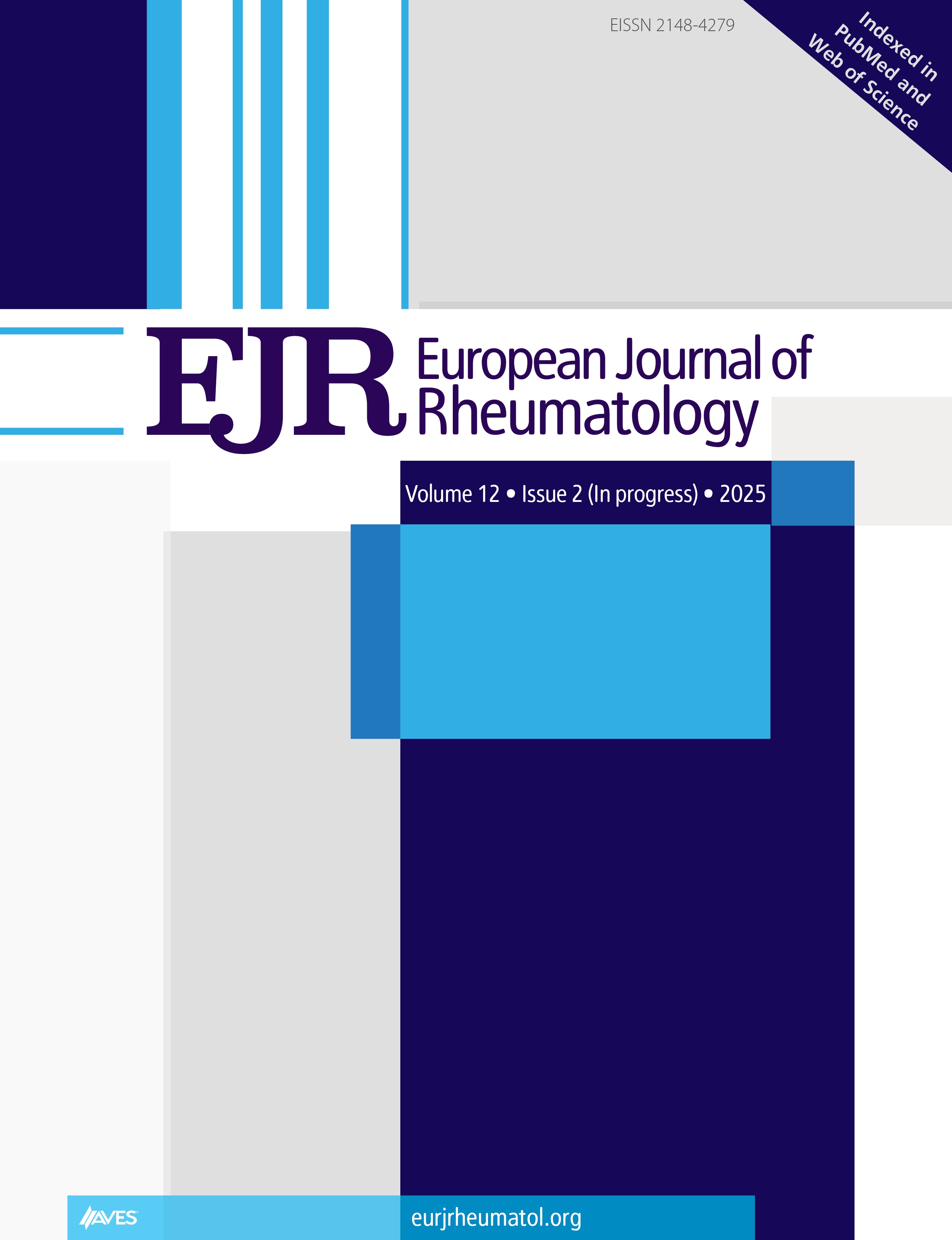Abstract
Objective: Antiphospholipid antibody syndrome (APS) is one of the most common acquired thrombophilic disorders resulting in arterial and venous thromboses. APS is a major cause for cerebrovascular accidents or stokes, myocardial infarction, venous thromboembolism and recurrent abortions/pregnancy losses especially in young patients. APS patients have an increased risk of atherosclerotic cardiovascular events. There are only two studies on lipid abnormalities in APS patients. None of them have studied the relationship between individual laboratory tests for APS and lipid profile abnormalities. Here we describe the significance of the relationship between various APS tests and lipid profile abnormalities in a subset of APS patients who presented with arterial thrombosis in a tertiary care hospital.
Material and Methods: The study was conducted at Government Medical College, which is a tertiary care referral hospital. All patients who presented to the medicine department with APS during a two-year period were studied. A patient was considered to be positive for anticardiolipin (aCL) antibody or anti-β2 glycoprotein (anti-β2G) if the titer was more than 15 IU/mL, and a high titer was considered to be more than 40 IU/mL for Immunoglobulin (lg) IgG and IgM isotypes. The fasting lipid profile was measured in all patients, and lipid profile abnormalities were defined with cutoffs of low-density lipoprotein (LDL) levels of >150 mg/dL, triglyceride (TG) levels of >150 mg/dL, and high-density lipoprotein (HDL) levels of <40 mg/dL. The relationship between lipid abnormalities and individual tests for APS, aCL IgG and IgM and anti-β2G IgG and IgM, were determined by statistical analysis.
Results: The study population included 77 APS patients, with 53% of patients between 20 and 40 years. The commonest abnormality in the lipid profile test was elevated TG levels of >150 mg/dL in 51.9% of the patients, followed by low HDL levels (<40 mg/dL) in 38.9% of the patients and high LDL levels (>150 mg/dL) in 40.2% of the patients. There was a statistically significant relationship between anti-β2G IgG levels and HDL and LDL levels, but not TG levels. Only LDL levels had a statistically significant relationship with aCL IgM levels. None of the lipid abnormalities had any statistically significant relationship with aCL IgG levels.
Conclusion: This study highlights the importance of testing lipid profile abnormalities in APS patients and the existence of a statistically significant relationship between antiphospholipid antibody tests and lipid profile abnormalities.



.png)